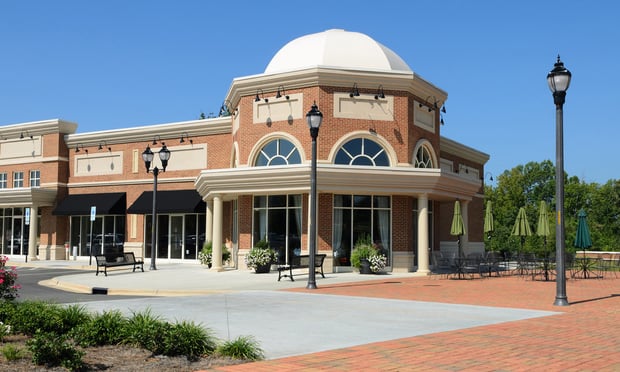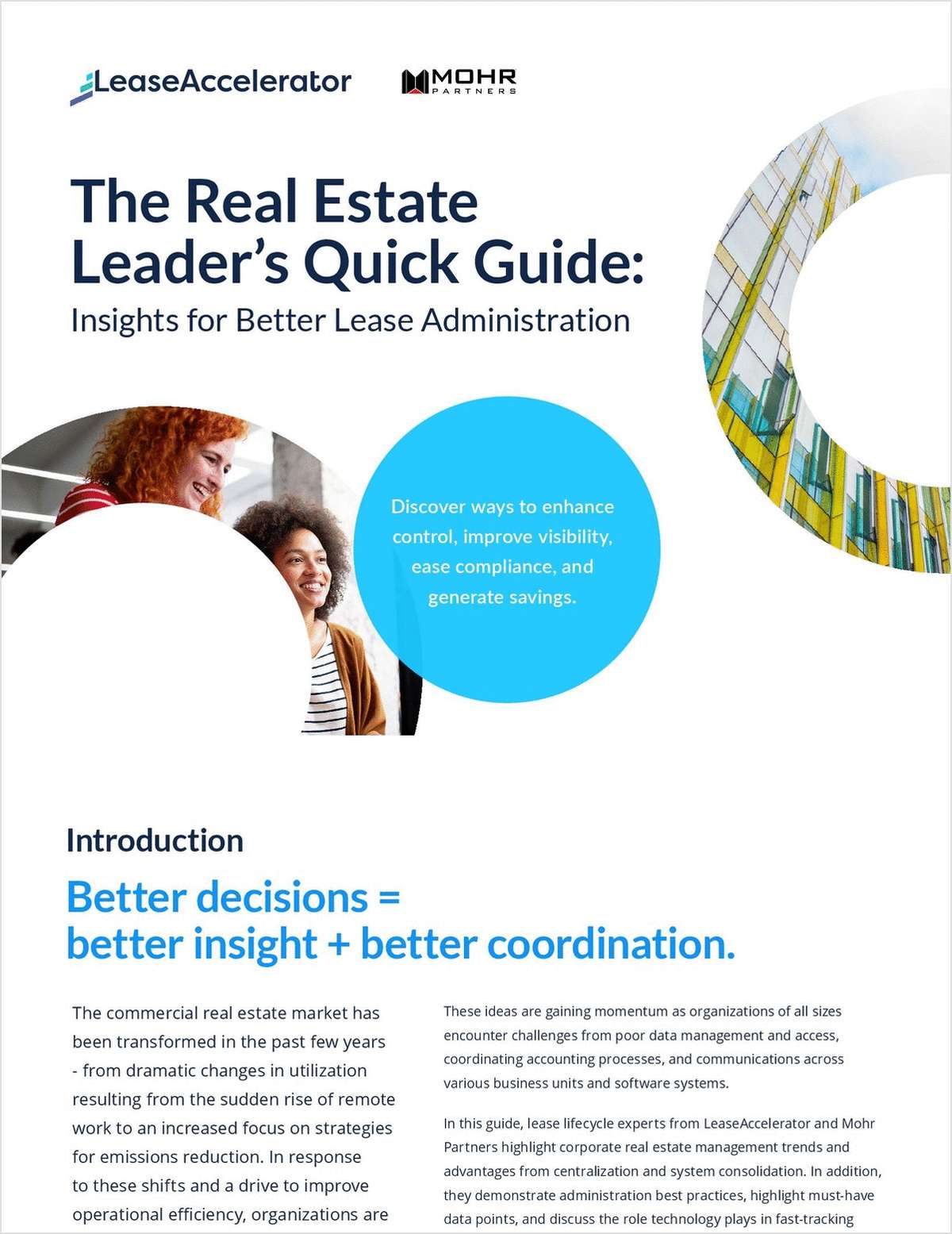A 178,415-sf SuperTarget store in the shopping center was not part of the deal. Weingarten's purchase totaled 67,954 sf. The shopping center is located in an affluent west submarket of the city, 1.5 miles from the 1.1 million-sf West Oaks Mall.
"Westland Terrace features excellent demographics and benefits from the consumer drawing power of the mall and other area major big-box retailers," Jim Michalak, a senior director and retail financial investment specialist in the Tampa office of Cushman & Wakefield of Florida Inc., tells GlobeSt.com. Michalak negotiated for the seller.
He says the property is in "a rapidly growing trade area that has experienced in excess of 6% population growth for the period of 2000-2002." About 28% of the housing stock is composed of multi-unit structures; 36.6% of the housing units have been built since 1989; and the five-mile radius population median household income tops $64,000, according to Michalak.
The Westland Terrace Plaza transaction gives the broker eight complete retail dispositions for the year. The properties total 1.2 million sf and have an aggregate value of $90 million. In addition, Michalak expects a flurry of retail closings by year end.
"As in past years, the preponderance of anchored shopping closings will occur over the last three and four months of the year," the broker tells GlobeSt.com. "The number of transactions over the past 18 months has been staggering."
Michalak attributes the rush of investment sales activity to "the continued low cost of capital." He says "owners are taking advantage of the elevated pricing."
However, "when those owners try to find replacement product, those same sellers have to compete for product at reduced cap rates and elevated prices," Michalak adds. "If they are long-term holders, many have refinanced, pulled cash out and reduced annual debt service." He calls that scenario "a real win-win situation." But "the risk is that the anchor terms continue to burn off."
The broker says the main reason for the annual year-end sprint by owners to close deals is that "the hold/sell decision cycle typically" is based on new company budgets for the upcoming year, especially for institutional owners. For example, he says "next year's budgets are generally completed during the September through early November timeline. Therefore, decisions to sell are made in the fourth quarter and the abundance of the product offerings, for the upcoming year, go to market during the first quarter."
This year, however, "seems to be atypical, to a certain extent, in that the number of offerings have compounded over the past few months and will result in numerous first-quarter, 2004 closings.
Continue Reading for Free
Register and gain access to:
- Breaking commercial real estate news and analysis, on-site and via our newsletters and custom alerts
- Educational webcasts, white papers, and ebooks from industry thought leaders
- Critical coverage of the property casualty insurance and financial advisory markets on our other ALM sites, PropertyCasualty360 and ThinkAdvisor
Already have an account? Sign In Now
© 2024 ALM Global, LLC, All Rights Reserved. Request academic re-use from www.copyright.com. All other uses, submit a request to [email protected]. For more information visit Asset & Logo Licensing.








